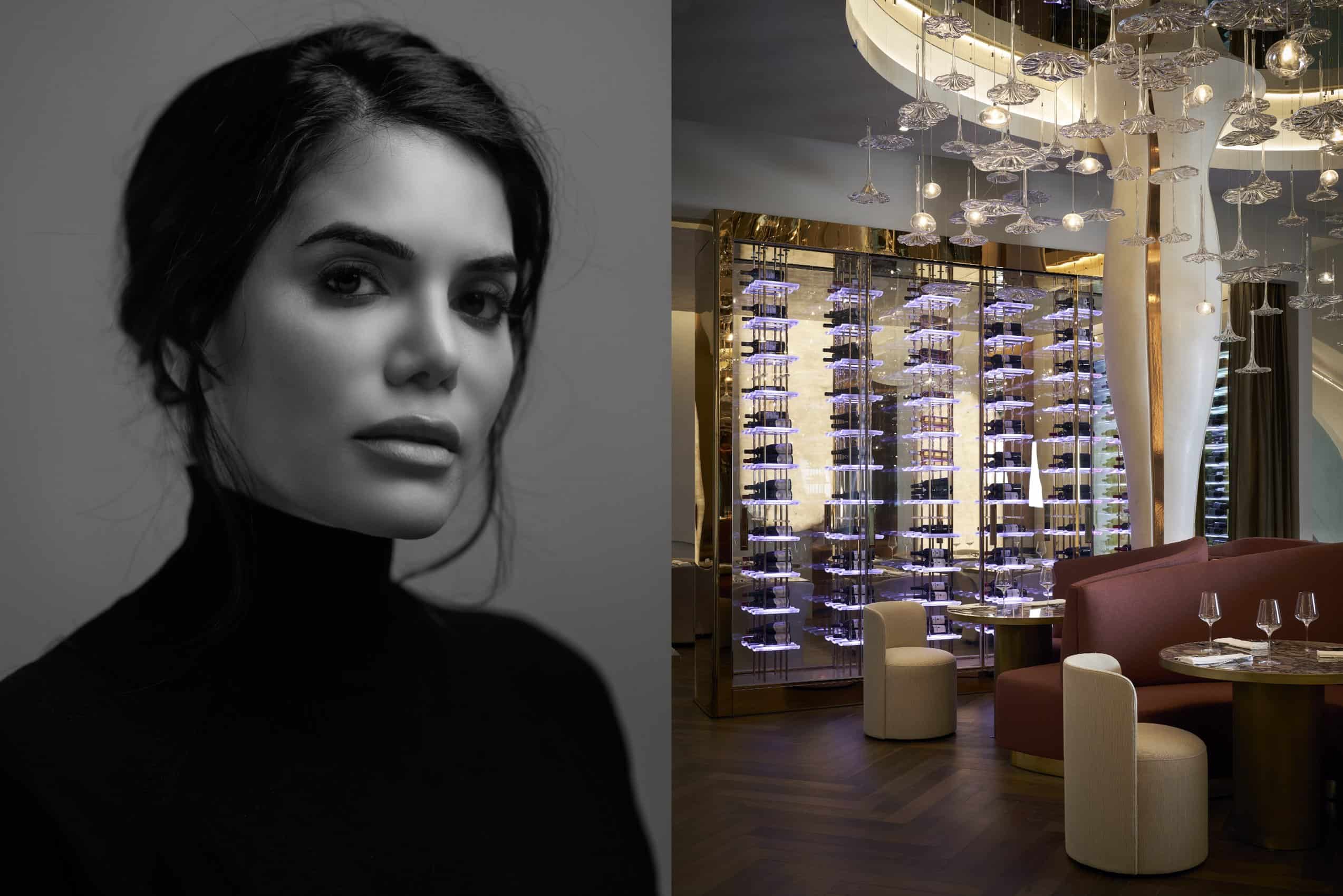Following his revealing, beautiful, and downright delicious Netflix series The Makanai: Cooking for the Maiko House (currently with a 93% on Rotten Tomatoes), Palme d’Or-winning director Hirokazu Kore-eda has returned to Netflix with Asura (currently at 100% on Rotten Tomatoes). Haven’t heard of it? You’re not the only one. While Netflix has arranged deals with some of the greatest creatives of our time (Martin Scorsese, Greta Gerwig, Guillermo del Toro, the Coen brothers, Alfonso Cuarón, Steven Soderbergh, the list goes on), few have received such little public support as Kore-eda. That’s surprising, considering Asura is already being touted as not just one of the best shows of 2025, but in Netflix’s history.
Rebecca Nicholson of The Guardian calls it “the best Netflix drama in years,” writing, “Trust Netflix to make absolutely no fuss whatsoever about Asura, which could be the best drama it has put out in years. The lack of fanfare for the series, quietly released in early January, is genuinely baffling.” Meanwhile, Geoffrey Bunting of Slate writes, “2025 is less than a month old, but we may have already seen the best show of the year. Or we would have, had Netflix done anything to notify us of its existence.” Bunting adds:
“[T]he streamer released Asura Jan. 9 with nary a murmur, disappearing the series into its black hole of content almost instantly. But this poignant, joyful story of four sisters and their very different reactions to upheaval should not be missed, even if Netflix can’t be bothered to promote its own series.”
Related
Exclusive: Hirokazu Kore-eda Turns His Lens on Our Post-Pandemic World with Monster [TIFF 2023]
Master Japanese filmmaker Hirokazu Kore-eda spoke about his newest film, Monster, which made its North American premiere at TIFF 2023.
The show’s story has a long history in Japan dating back to the 1970s and the novel by Kuniko Mukōda, which she turned into a 1979 miniseries, Ashura no Gotoku (Like Asura). That was turned into an award-winning Japanese film in 2003. Now, kore-eda brings his humanist, quiet touch to the tale, having created a masterpiece in the process. The synopsis from Netflix reads as follows:
“Set in 1979, the story follows four sisters — Tsunako, Makiko, Takiko, and Sakiko — whose lives are shaken by the discovery of their aging father’s affair. Like the “asura,” demigods in Buddhist cosmology, these women embody a whirlwind of emotions, clashing fiercely yet sharing moments of profound connection. As they navigate their differing views on love and life, their journey is marked by both conflict and growth.”
Hirokazu Kore-eda Captures Humanity in Its Fullest Scope
Kore-eda is undoubtedly one of the greatest living directors, and has been since the late ’90s when his timeless classic, After Life, premiered. That film, about dead souls in purgatory having to choose one memory to carry on into their next life, remains one of the greatest of all time. The director has gone on to make some of the best films of the century (Nobody Knows, Still Walking, Our Little Sister). Writing, directing, and editing almost all of his projects, Kore-eda is a true auteur, a successor of Yasujirō Ozu in many ways but with heavy touches of neo-realism.
Related
Hirokazu Kore-eda’s Broker Demonstrates the Power of Chosen Families
In Broker, director Hirokazu Kore-eda shows what finding a chosen family could look like.
The filmmaker is known for crafting quiet, sensitive portraits of families (even found families, as in his 2018 masterpiece, Shoplifters). He may be patient, but he’s not emotionally subtle. He always leads his films into powerful revelations, gut-wrenching moments of pain and beauty, and a deeply empathetic connection with humanity (especially with women, who are often the focus of his work). Don’t sleep on Kore-eda, and don’t sleep on Asura. As Margaret Lyons of The New York Times calls it, the show is “the full package.” Lyons writes:
The downside is that other shows feel paltry and thin in comparison. The upside is everything else.
You can view the original article HERE.


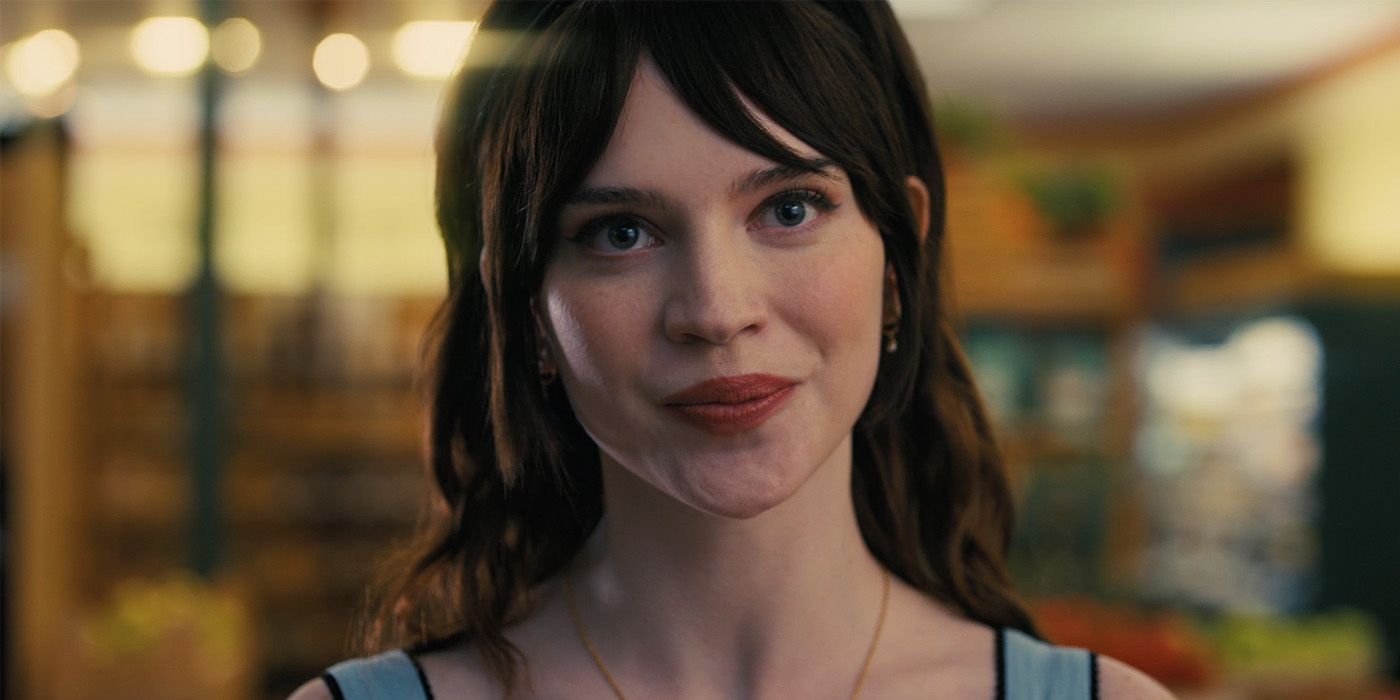



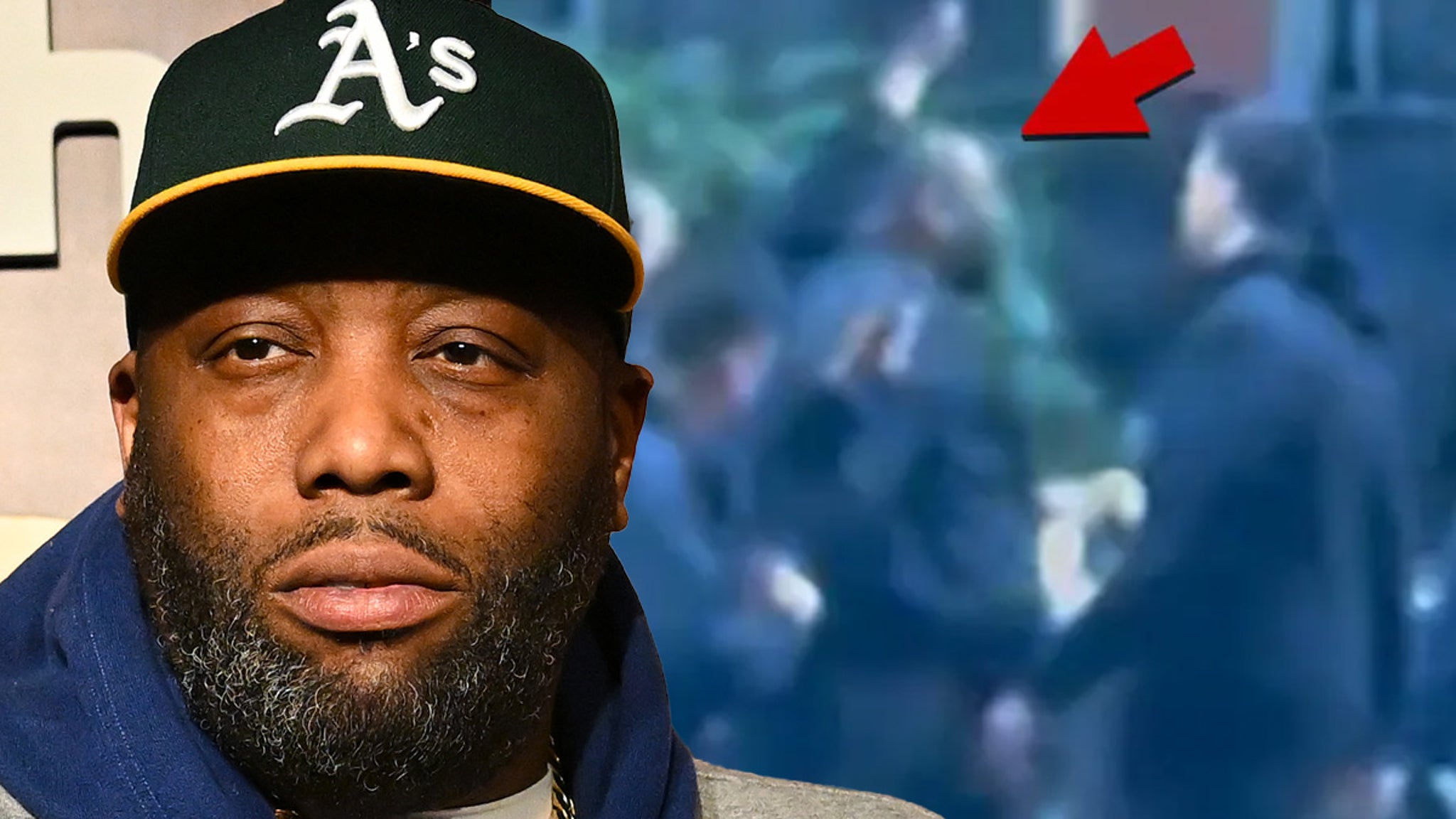




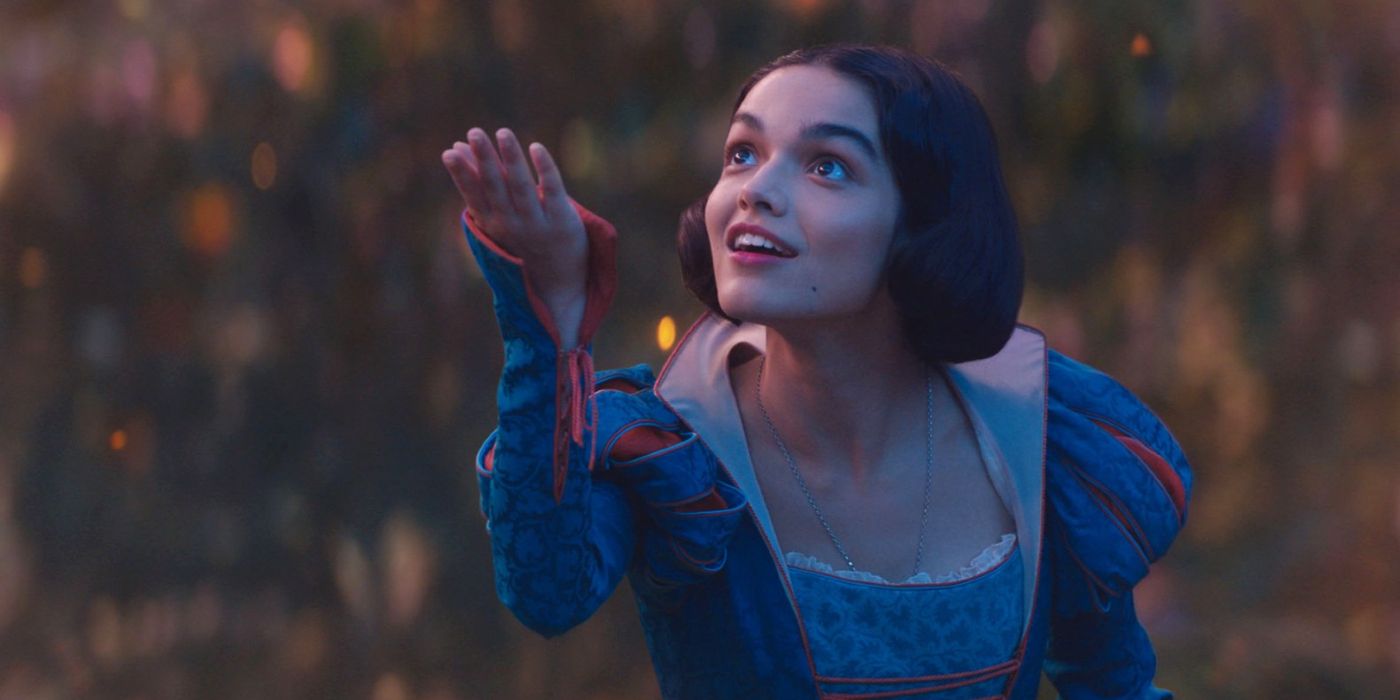
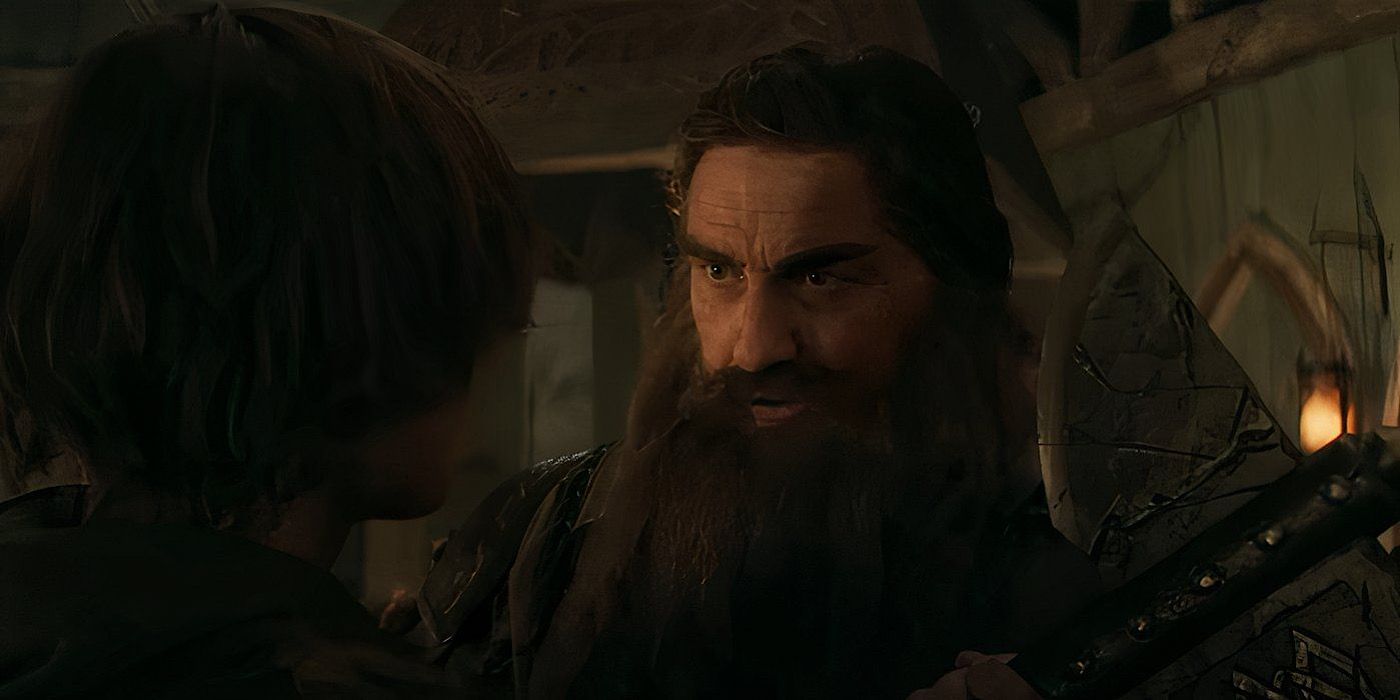

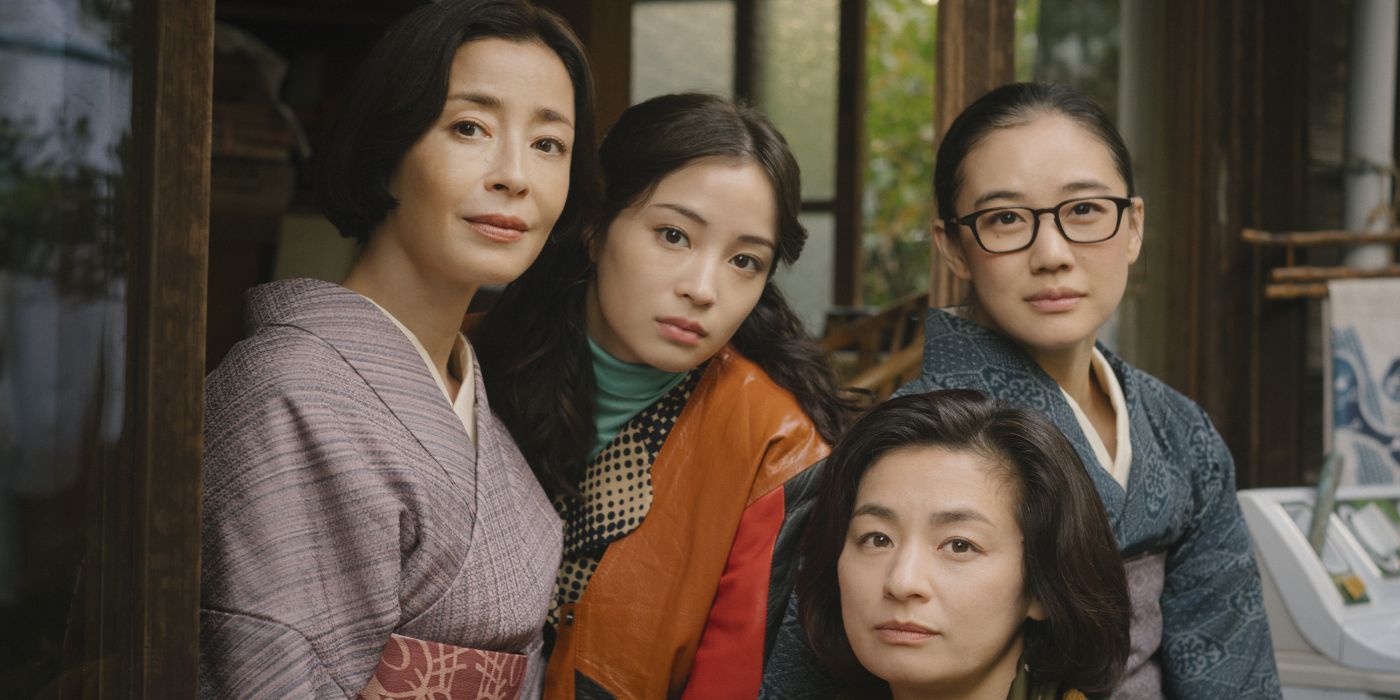
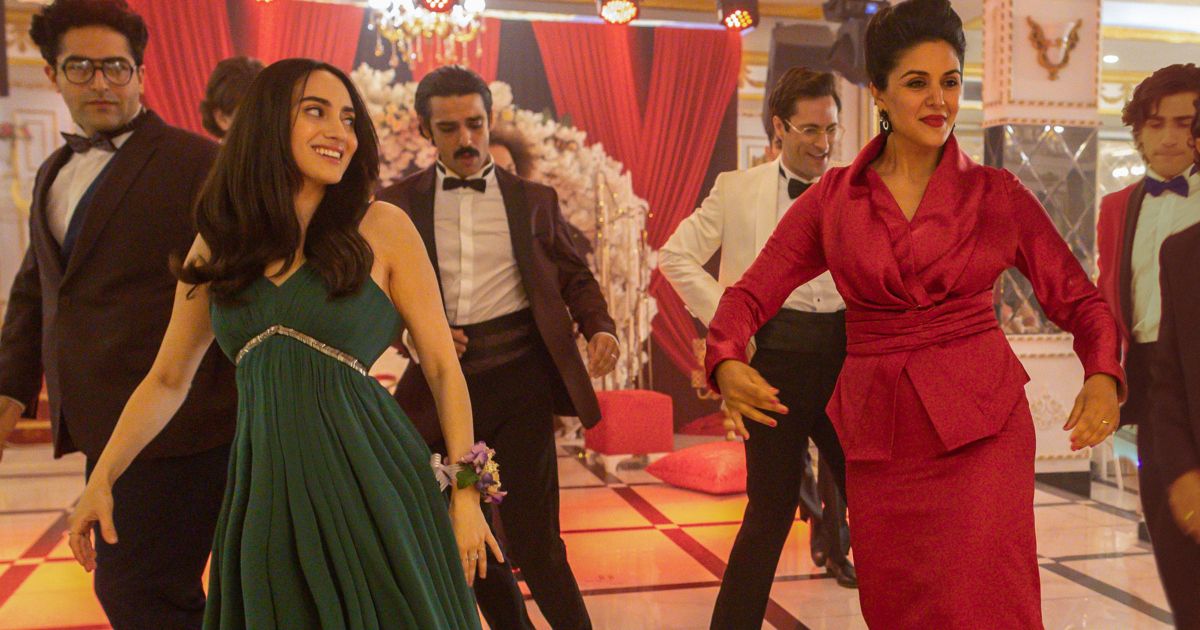
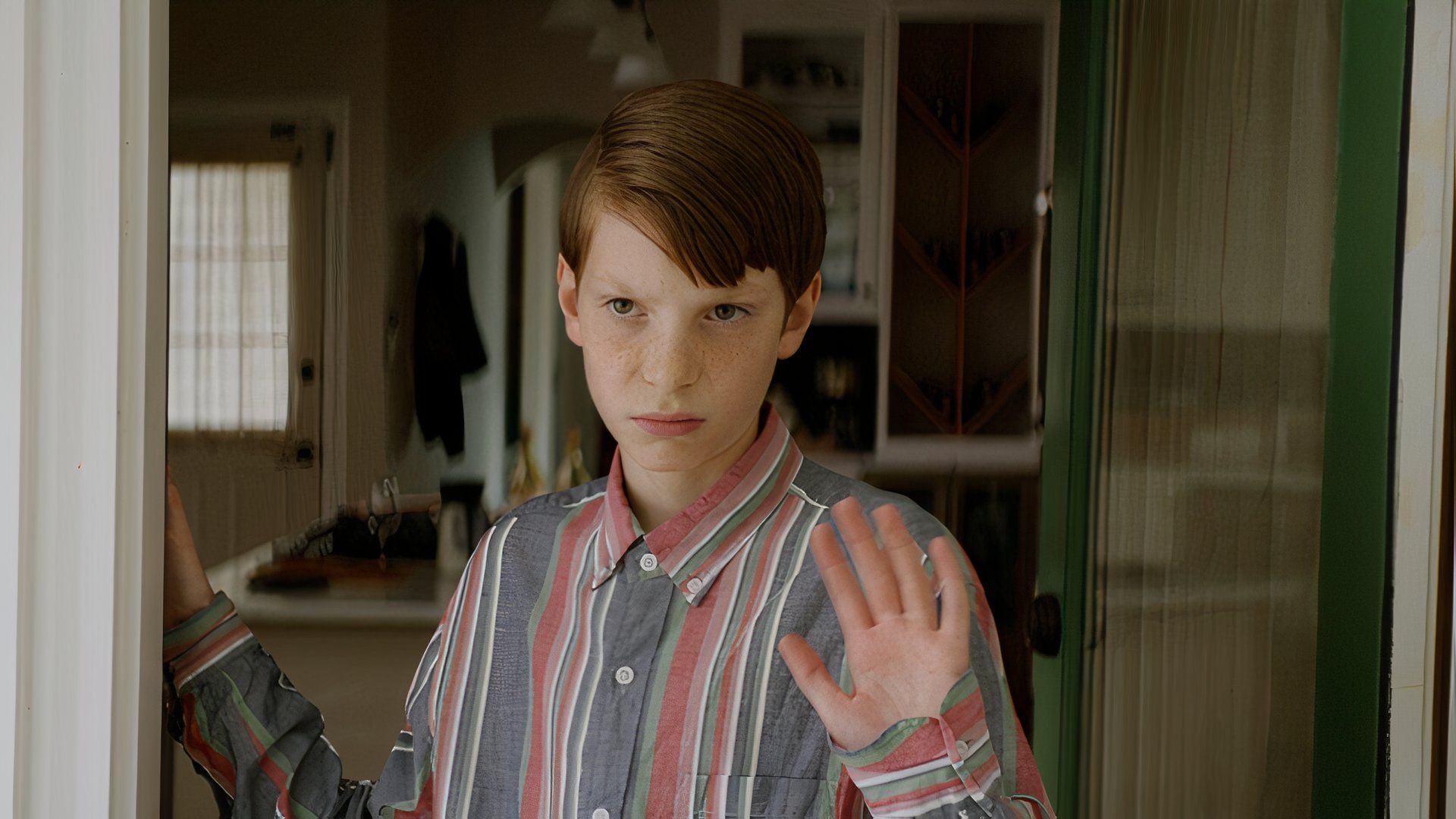





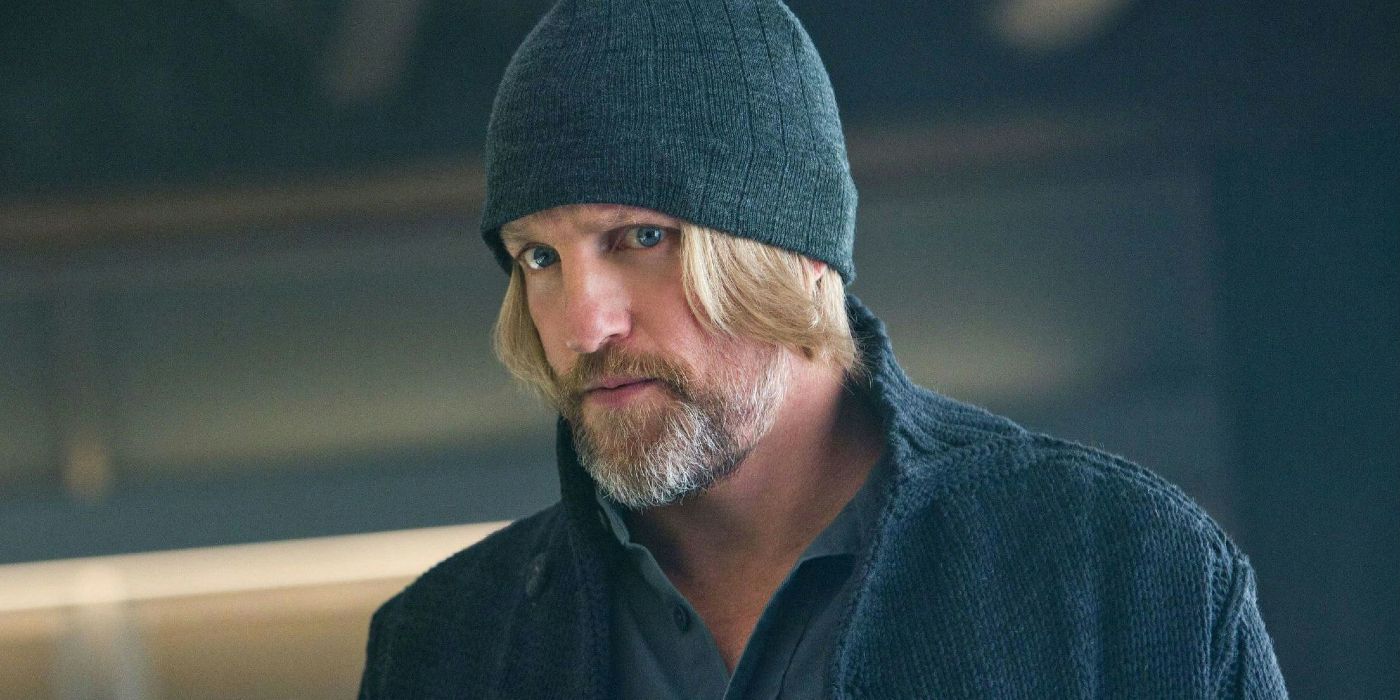





:quality(85):upscale()/2025/02/03/814/n/1922564/ec5031fa67a10be2b93c19.50471438_.png)

